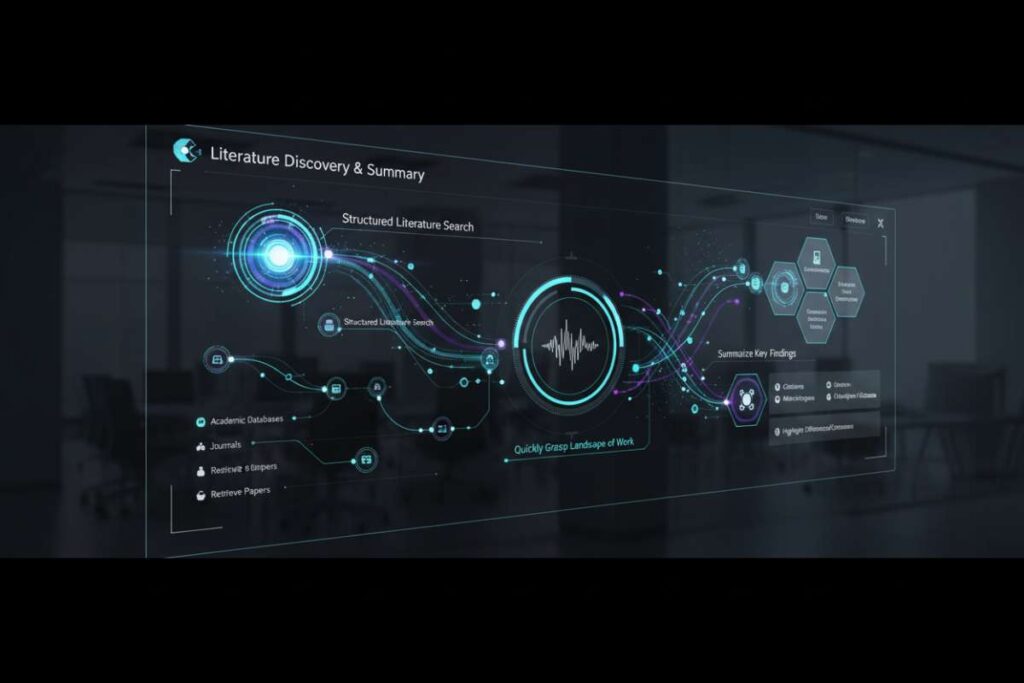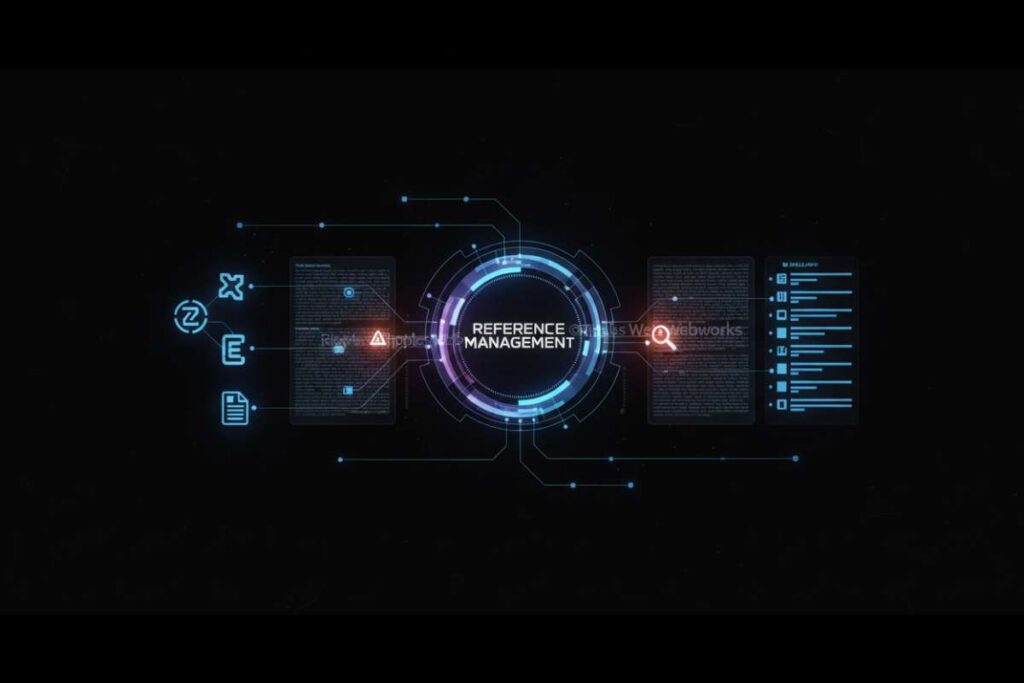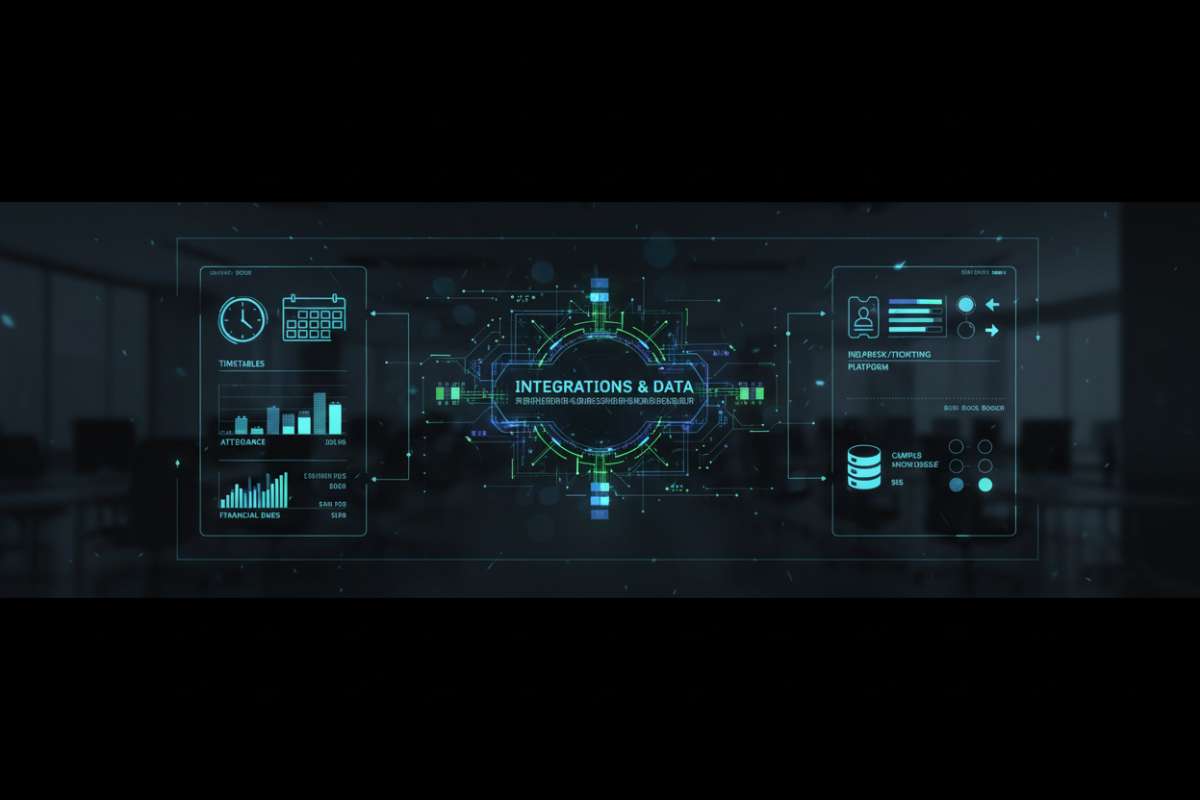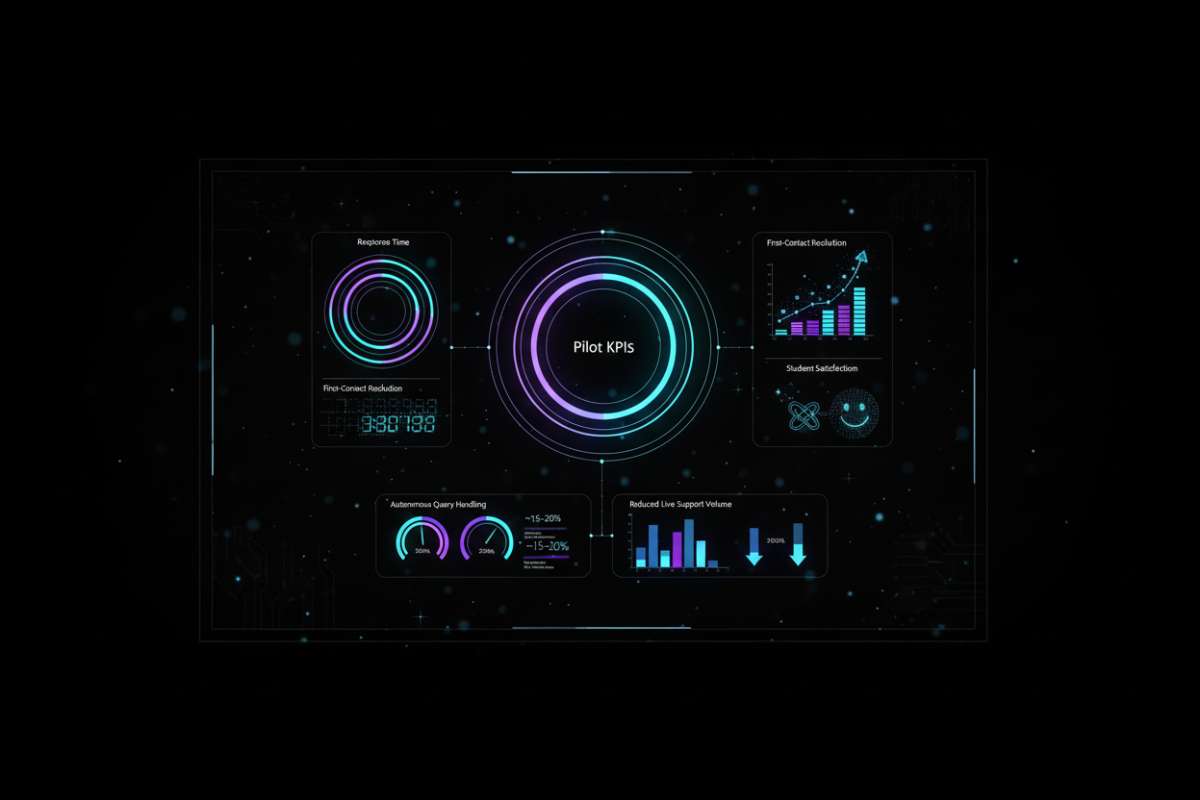Research Agent
Purpose: The Research Agent accelerates academic research work by helping faculty and students with literature review, information synthesis, and early-stage drafting. It serves as a diligent research assistant that can scour databases, summarize findings, and organize knowledge – all while ensuring accuracy and proper citation.

Core Capabilities
Literature Discovery & Summary
Conducts structured literature searches based on keywords or research questions provided. It can search academic databases and journals (within the library’s subscriptions) and retrieve relevant papers. The agent then summarizes key findings or arguments from those papers, complete with proper citations, allowing researchers to quickly grasp the landscape of existing work. It can also compare methodologies or results across studies when applicable, highlighting differences or consensus in the field.


Annotated Bibliographies
Automatically builds an annotated bibliography from a list of sources. For each source, it provides a brief summary, evaluation, and notes on relevance, all formatted in the desired citation style. This helps researchers keep track of their readings and eases the creation of literature review sections in papers or proposals.
Draft Scaffolding
Assists in creating structured outlines and section drafts for research papers. For example, given an outline for an introduction, related work, or methods section, the agent can suggest paragraph frameworks with key points to cover, along with in-line citations placeholders (ensuring that every claim is backed by a source). It does not generate original research content, but it helps organize and articulate existing knowledge around the researcher’s ideas.


Reference Management
Integrates with reference management tools (like Zotero or EndNote) to insert and manage citations. It can ensure that all in-text citations have corresponding entries in the bibliography and that the bibliography is formatted correctly. If it notices gaps (like a heavily referenced concept without a citation), it can suggest looking for a source to support it, thus promoting responsible research writing.

Integrations & Data
Hooks into university library databases, Google Scholar APIs, and institutional repositories to fetch scholarly articles and papers. Works alongside existing citation management software by importing and exporting citation data. All summaries and generated text come with citation references to prevent any risk of plagiarism or unsubstantiated claims. The agent also respects access controls – it will only retrieve content the user has access rights to (subscription or open access).

Guardrails
No fabrication of sources – every citation the agent provides is real and verifiable (it’s programmed to only cite sources it has accessed). It also provides a “disclosure” section in any draft suggesting where AI assisted, to maintain transparency in the research process. Researchers must review all summaries and drafts; the tool is an aid, not a replacement for critical analysis. Bias checks are in place so that the agent doesn’t overly focus on one school of thought or ignore contradictory studies. All data is handled confidentially, and queries or results can be deleted by the user to maintain privacy of research topics.

Pilot KPIs
In pilot usage, research teams saw about a 20% increase in throughput (more papers or proposals completed) due to time saved on literature review and referencing tasks. The time to produce an initial literature review draft was significantly reduced – what might take weeks of manual reading could be distilled in days with the agent’s help. Importantly, all AI-generated content passed compliance checks (no incorrect citations or plagiarism), building trust that the agent can be used responsibly in scholarly work.
